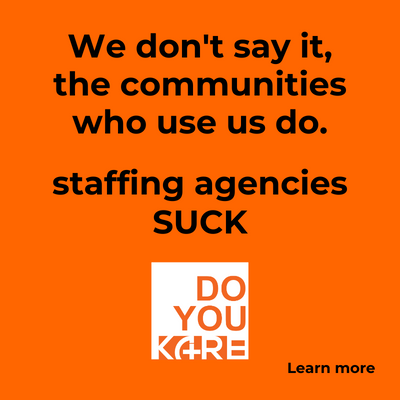It’s a common refrain that “today’s assisted living is yesterday’s skilled nursing”.
It’s a common refrain that “today’s assisted living is yesterday’s skilled nursing”.
This is not far from the truth and it’s well known that many of the residents in skilled nursing communities could be cared for in medical model assisted living communities at a much lower cost and with a higher quality of life. The big frustration many assisted living communities face is that hospitals and senior HMO’s are clueless about this option that would benefit everyone except perhaps skilled nursing providers. The reason the medical system is so slow to get this is multifaceted and the fault of everyone:
- We are all creatures of habit and the decades old system is programed to discharge patients to skilled nursing or home. Old habits are hard to break.
- Managing patients in assisted living communities requires a shift in how post-acute care is managed on the part of hospitals and HMO’s.
- Hospital leadership and HMO leadership have very effective gate keepers making it difficult to near impossible to get to the right person or people in order to explain the benefits of assisted living.
- When on those very rare occasions an assisted living provider manages to get an audience, they do a horrible job of telling their story. Antidotes are great, but at the end of the day, saying “we do a great job” is not good enough. It has to be backed up with hard data and a clearly defined plan to keep residents from being readmitted.
BMA Looks For a Solution
BMA Management is the largest provider of assisted living and affordable assistive living in Illinois and now ranks as the 16th largest provider of assisted living by Assisted Living Executive, a magazine published by the Assisted Living Federation of America. The Affordable Assisted Living or Supportive Living program in Illinois, offers an alternative to nursing home care for the elderly and disabled citizens of Illinois who don’t need full nursing home services but can’t afford traditional assisted living programs. BMA knew they were doing a good job of helping those they served achieve and maintain as much independence as possible for as long as possible, but were looking for a way to provide both quantitative and qualitative data which would better demonstrate their value to referral sources, residents and their families. They had for been for some time, using resident care software which was doing an okay job of keeping track of what was being done for residents, but it was not giving them the hard data they needed and did not assist them in being proactive and predictive in providing resident care.
BMA & Caremerge
BMA started talking to Caremerge an emerging technology company that is focused on capturing and disseminating resident data that is easily accessible (mobile/web), useable and actionable, to the right people in real time, and formatted in a way that is readable and useful. After doing a small pilot in a handful of senior communities, BMA is moving away from their old resident record system and implementing Caremerge in all 40 of their communities. The system will be used primarily to capture outcome data and allow BMA to provide evidence based care. It starts with a care plan for each resident that is managed by the community nursing staff. Daily cares and events are recorded and correlated with events in the residents life including changes in health conditions. Ultimately the system provides a comprehensive picture of the residents’ health and changes in condition. This allows the system to automatically trigger for potential problems. Additional intelligence allows the community to track real-time acuity level, quality measures compliance, hospital readmissions and other metrics that help in developing necessary programs to effectively manage the resident population across all communities. The system is also configured to provide just the right amount of data to the right people, and allows exchange of real-time discussions (secure and HIPAA compliant). The goal is to reduce or eliminate phone calls, voicemails, and faxes which are inefficient and hamper the process of making treatment decisions. The system also makes it easy for the resident family to get (with the permission of the resident) just the data they need. This is also true for physicians and others (therapists, home healthcare, hospital case managers, etc.) involved in the care of the residents. Finally the system generates summary reports that BMA management can use to demonstrate that they are a better solution than skilled nursing and can save the hospitals and other payor sources significant amounts of money. This intelligence is further enhanced through benchmarking abilities and comparisons among communities, both within the company and with others in the industry. The ultimate goal is getting the right data in the right format for the right individuals and organizations. Steve Moran
If you like this article it would be a great honor to have you subscribe to our mailing list HERE.









Very interesting, Steve. It would be great to connect with you at your convenience.
Anecdote and Antidote are two completely different things.